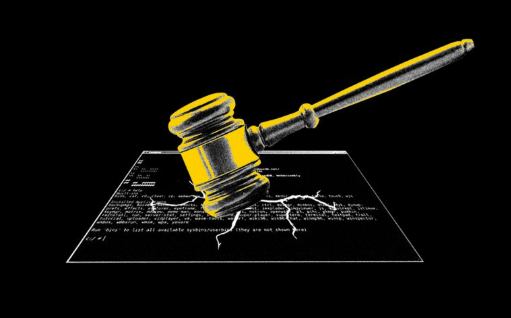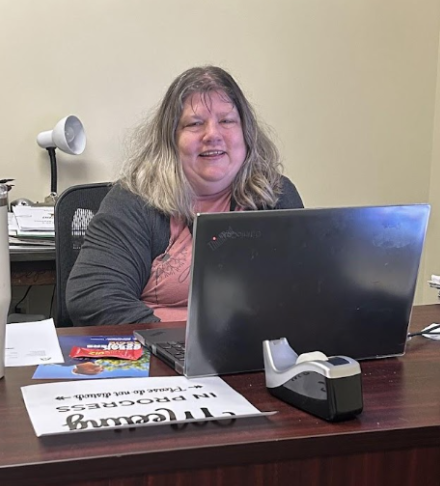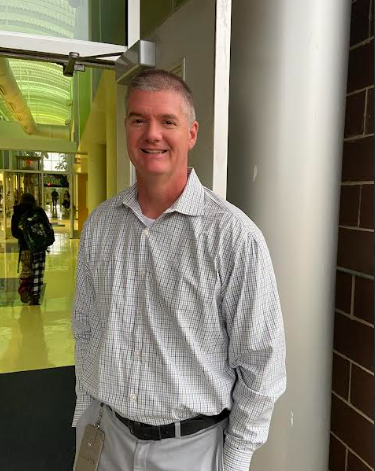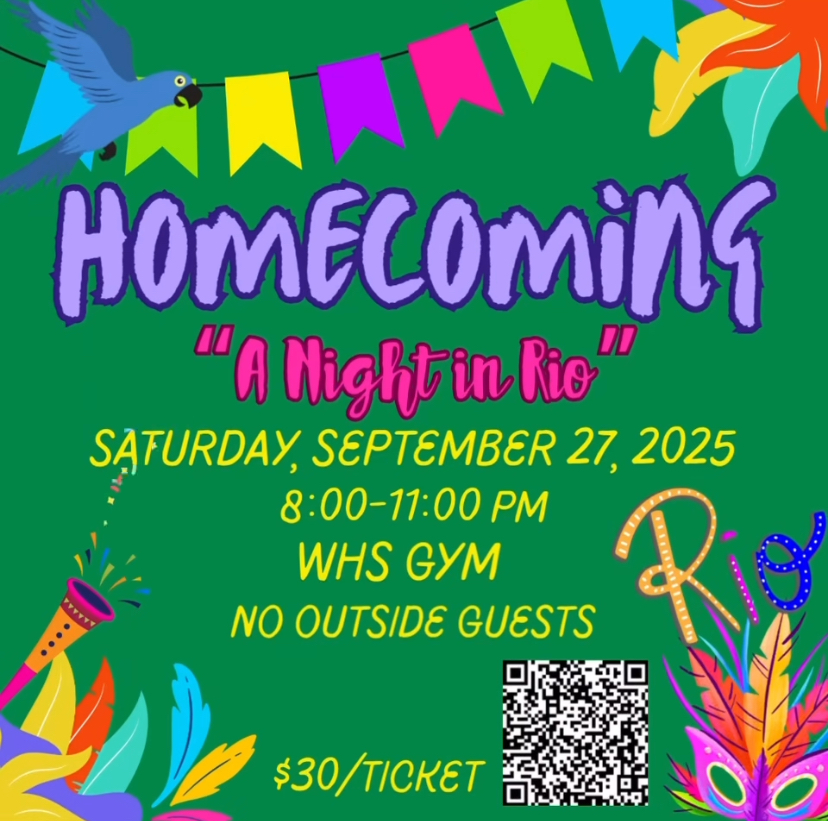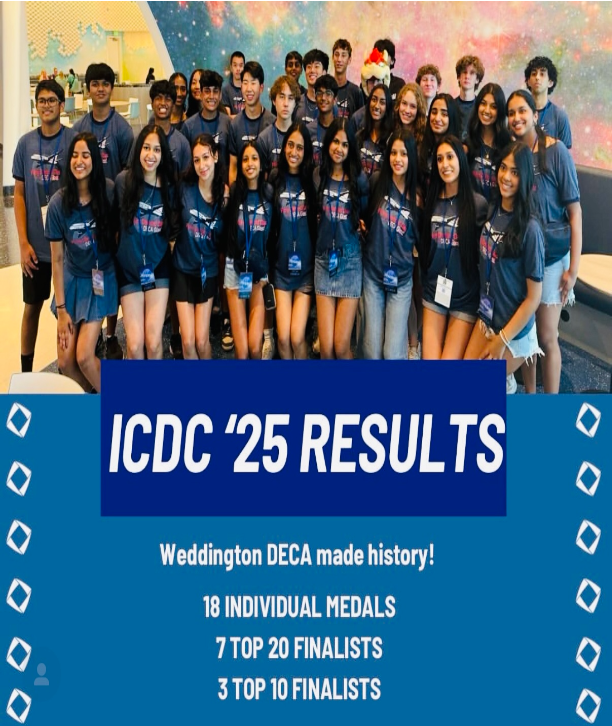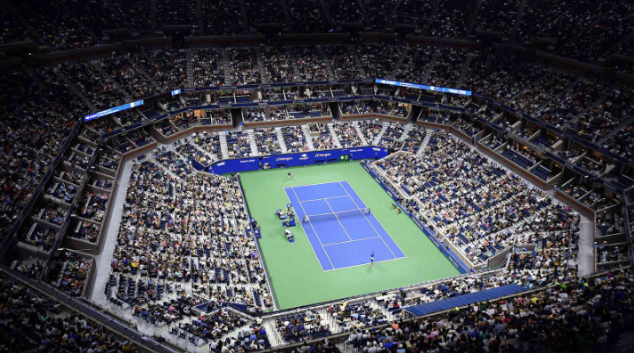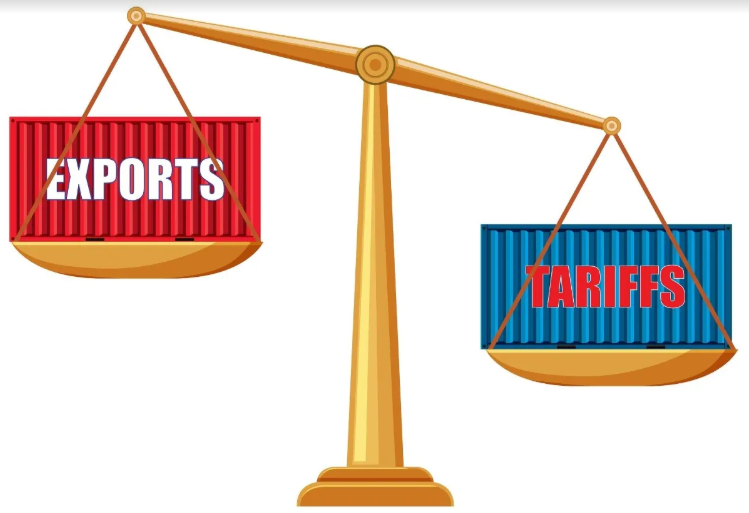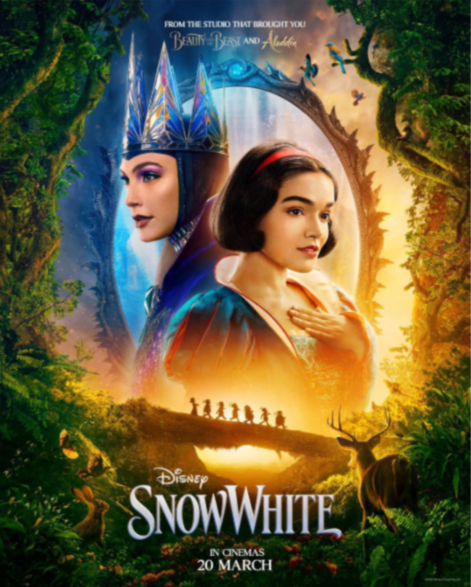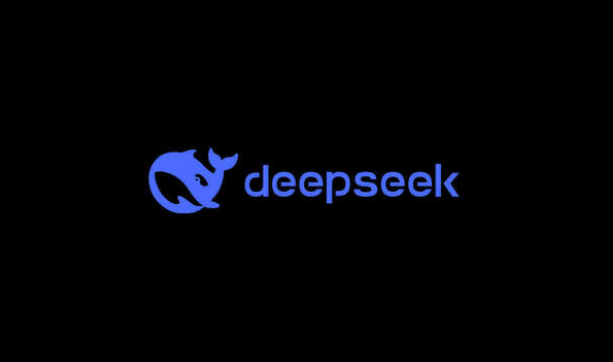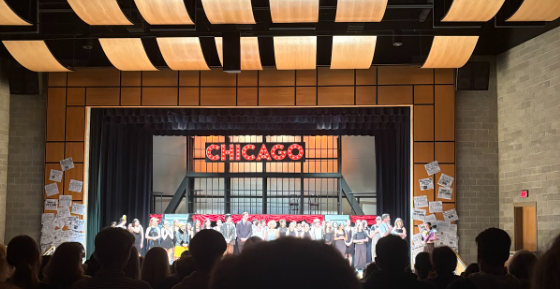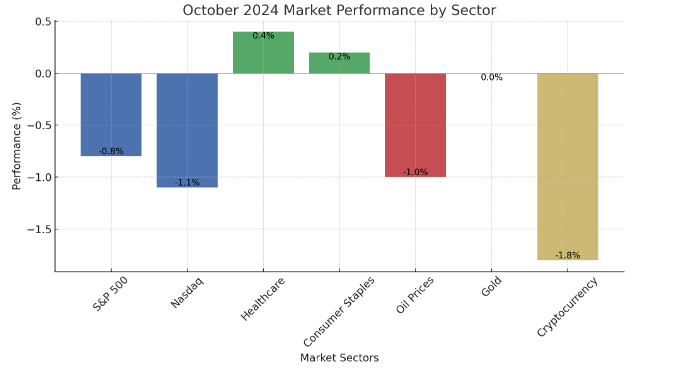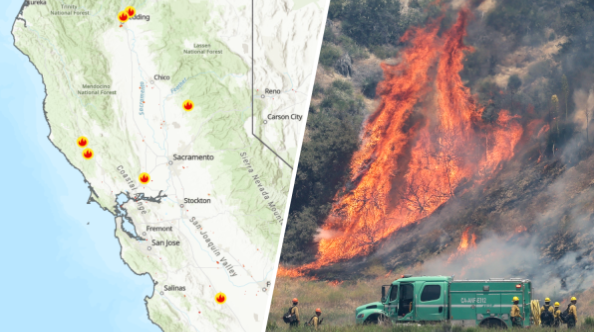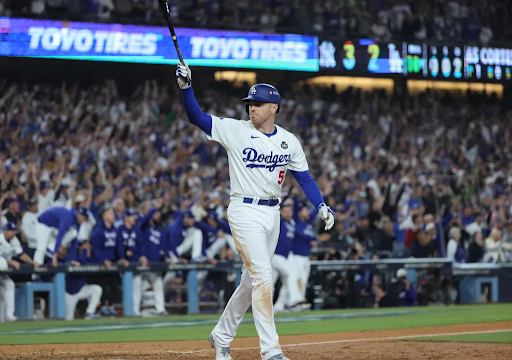The recent and rapid development of generative AI is powered by countless libraries of original human thought. Both image generation software like Midjourney and large language models like ChatGPT challenge the standard legal and ethical viewpoint on copyright and the concept of authorship itself. On one side, users of this software assert that AI-generated works are their intellectual property; on the other side, traditional authors protest the use of their images in the huge databases used to train the software.
The current system of copyright is based on the assumption that only humans have the ability to intentionally produce original works. According to the personality theory of copyright, human authors can claim copyright because they embed a part of their personality into a work. The labor theory instead asserts that if an author uses their own labor in the production of a work, then it can be considered their intellectual property. Both theories appear to restrict authorship to human creators. U.S. courts have interpreted the Copyright Act in accordance with this idea.
In 2022, a resident of Colorado named Jason M. Allen won the 2022 Colorado State Fair by using the software Midjourney to generate a work called Théâtre D’opéra Spatial, and the story featured in headlines across the country. Allen applied for a copyright claim on the work with the U.S. Copyright Office, arguing that he reentered his input into Midjourney hundreds of times and edited the results with Adobe Photoshop, but the office rejected the claim twice on the basis that the work was mostly created by a non-human algorithm. Separately, an inventor named Stephen Thaler brought his own rejected claim of copyright on an AI-generated artwork to court; the court decided in favor of the Copyright Office again, reinforcing the precedent that works must be authored by humans to qualify for copyright protection.
On the other side of the debate, artists and writers have argued that training an algorithm on copyrighted works without the permission of the authors is a violation of copyright. The image licensing company Getty recently sued the company Stability.ai for violating both their copyright and trademark rights. Stable Diffusion has recently allowed artists to opt out of their training dataset, but this system still places responsibility on the artist rather than the developer.
In addition, the New York Times is considering suing OpenAI for using their articles without permission. Whether training AI models on copyrighted works is infringement depends on the interpretation of the fair use doctrine, which allows copyrighted works to be used in transformative ways. However, if the new work competes with the original work, it does not constitute fair use, according to the Supreme Court. Since ChatGPT and similar software can theoretically be used to generate news articles from the information in the New York Times, it may compete with the news articles on the New York Times website itself.
The field of AI-generated works is an ethically and legally controversial new step for technology. The future of many fields, including education, may depend on the currently uncertain results of these legal troubles.
References:
- Martin, Michel, and Bobby Allyn. “OpenAI is facing lawsuits over copyrighted materials it uses to train ChatGPT.” NPR, 18 August 2023, https://www.npr.org/2023/08/18/1194562272/openai-is-facing-lawsuits-over-copyrighted-materials-it-uses-to-train-chatgpt. Accessed 1 October 2023.
- Setty, Riddhi. “Copyright Office Sets Sights on Artificial Intelligence in 2023.” Bloomberg Law News, 29 December 2022, https://news.bloomberglaw.com/ip-law/copyright-office-sets-sights-on-artificial-intelligence-in-2023. Accessed 1 October 2023.
- Sun, Haochen. “Redesigning Copyright Protection in the Era of Artificial Intelligence.” Iowa Law Review, 15 March 2022, https://ilr.law.uiowa.edu/print/volume-107-issue-3/redesigning-copyright-protection-in-the-era-of-artificial-intelligence. Accessed 1 October 2023.
- U.S. Copyright Office. “Théâtre D’opéra Spatial Review Board Decision Letter.” U.S. Copyright Office, 5 September 2023, https://www.copyright.gov/rulings-filings/review-board/docs/Theatre-Dopera-Spatial.pdf. Accessed 1 October 2023.
- Walsh, Colleen. “How to think about AI – Harvard Law School | Harvard Law School.” Harvard Law School, 27 June 2023, https://hls.harvard.edu/today/how-to-think-about-ai/. Accessed 1 October 2023.



